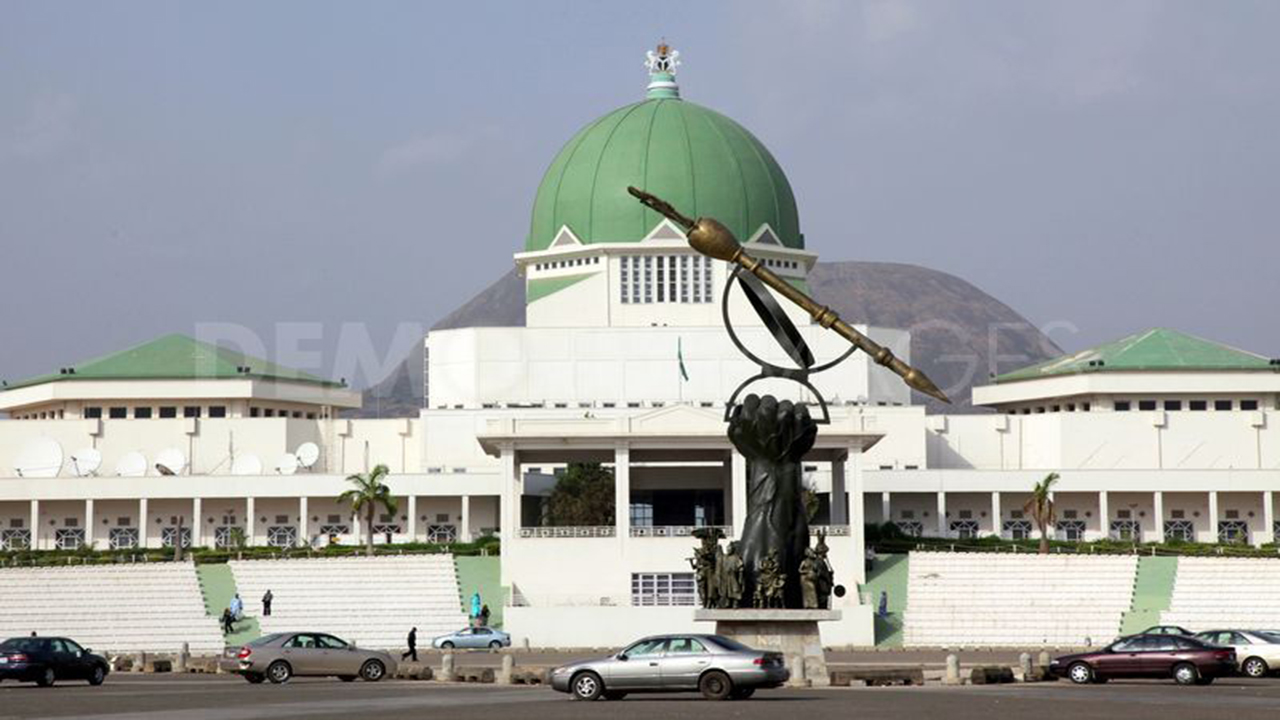
The National Assembly on Wednesday considered and approved the Conference Committee Report on the Petroleum Industry and Governance Bill, PIGB 2018 (SB. 237), the new framework to regulate the country’s petroleum sector. The new framework imposes a five per cent levy on fuel sold across the country.
The approval of the bill in the Senate followed the presentation of the conference report for consideration by the chairman of the Senate Committee on Petroleum (Upstream), Senator Tayo Alasoadura.
The PIGB seeks to unbundle the Nigerian National Petroleum Corporation, NNPC, provide for the establishment of Federal Ministry of Petroleum Incorporated, Nigerian Petroleum Regulatory Commission, Nigerian Petroleum Assets Management Company and National Petroleum Company and Petroleum Equalisation Fund.
The Bill also scraps the Petroleum Inspectorate, Department of Petroleum Resources, DPR, the Petroleum Products Pricing Regulatory Agency, PPPRA and establishes the Nigeria Petroleum Regulatory Commission which will take over the functions of the three agencies. The regulatory bill creates the National Petroleum Commission, just as the five per cent fuel levy on Nigerians will be used to finance the Petroleum Equalisation Fund, as established under the bill. According to Section 36 (1) (a) of the bill, “There shall be established the Petroleum Equalisation Fund into which shall be paid all monies payable to the Equalisation Fund by way of a five per cent fuel levy in respect of all fuel sold and distributed within the federation which shall be charged subject to the approval of the Minister (of Petroleum).”
In the approved bill, other sources of funding the PEF, include subventions, fees, and charges for services rendered as well as net surplus revenue recovered from petroleum products marketing companies, just as the Equalisation Fund shall collect all revenues and levies charged. It will also determine the net surplus revenue recoverable from any oil marketing company and accruing to that company from the sale by it of petroleum products at such uniform prices as may be fixed by the Minister; determine the amount of reimbursement due to any oil marketing company for purposes of equalisation of price of products among others.
The bill which also seeks to provide for the governance and institutional framework for the petroleum industry. The bill also empowers the Commission to administer and enforce policies, laws, and regulations relating to all aspects of petroleum operation; monitor and enforce compliance with the terms and conditions of all leases, licences, permits and authorisations issued in respect of any petroleum operations; define and enforce approved standards for design, construction, fabrication, operation and maintenance for all plants, installations and facilities utilized or to be utilised in petroleum operations; establish, monitor, regulate and enforce health and safety measures relating to all aspects of petroleum operations; establish the framework for the validation and certification of national hydrocarbon reserves; advise the Minister on fiscal and other issues pertaining to the petroleum industry; undertake evaluation of national reserves and reservoir management studies.
VANGUARD






Be the first to comment